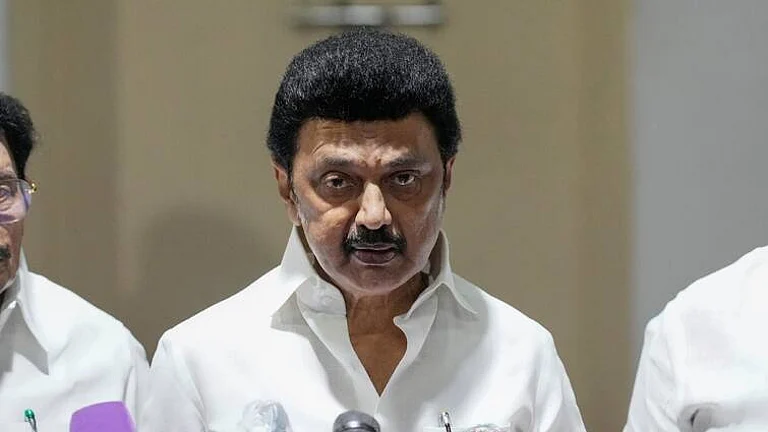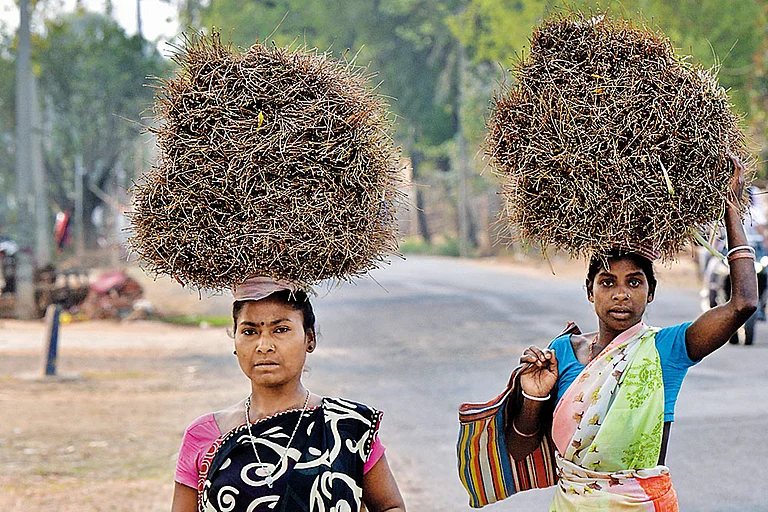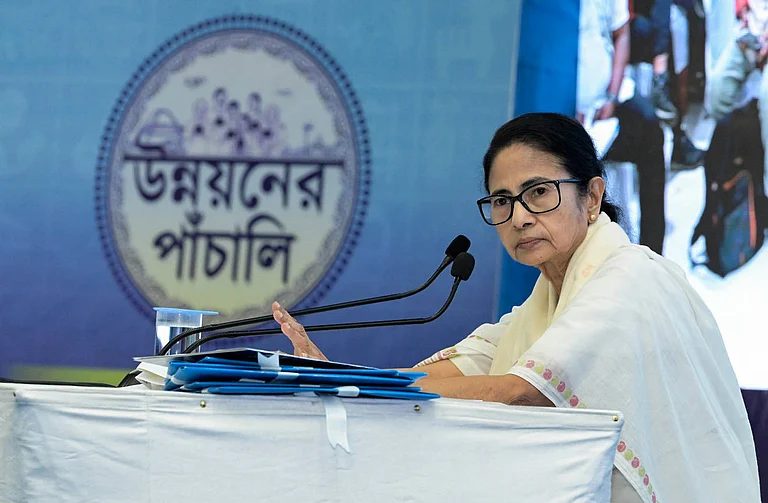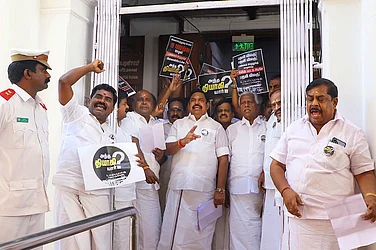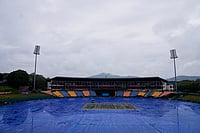We as a burgeoning democracy are yet to realise the fundamental truth about law-making--that the experiences of men and women are not the same and that the law impacts every gender differently. The Constituent Assembly was one of the first platforms where we could witness this in action. Thus, to take stock of the female gaze in law-making or the lack thereof, we need first to analyse the debates of the Constituent Assembly.
Post-Independence, even with all the optimism and idealism in the air, only 15 women were a part of the Constituent assembly. Research by PRS reveals that the 10 women who participated in the discussions, contributed only 2% of the words debated in the Constituent Assembly. Irrespective of the number, we do find a rich treasure trove of debates led by these women members featuring the feminist perspective.
Having said that, it is imperative to examine a specific debate that occurred on December 3, 1948 where Article 23 of the present-day Constitution of India was being debated. Article 23 prohibits traffic in human beings and forced labour. The debate began when K T Shah moved an amendment to Article 23 to insert the abolition of the devadasi system.
The Assembly held extensive discussions on whether under this article, a specific categorical abolition of the system of devadasis (dedication of women to temples) should be articulated. On this, a speech by Renuka Ray holds special import in understanding the female gaze on the issue. She argued for the adoption of the amendment proposed by Shah as she considered this to be a better procedure to end the custom. Although she agreed that the practice was already outlawed by legislation in Madras, she hoped that a categorical abolition in the Constitution would provide a much greater force to eliminate the deeply entrenched practice in other regions.
A seemingly neutral provision for the abolition of trafficking in human beings, when situated in the context of gender and custom, forefronts the complex realities that women go through. Renuka Ray in this speech alludes to the impact on women of customary practices, which cannot be solved by legislation alone. She states that the practice, even if abolished by the Constitution, will only disappear when the double standards that have led to trafficking in women disappear in the society as well. This understanding of the complex realities of women and the impact of law can mostly be contributed by women who have been in such situations or have witnessed situations as women. This is why it becomes important for the female gaze to be employed in lawmaking.
However, the female gaze is invariably linked to the number of female representatives in the Parliament or the state Legislative Assemblies. To advocate this, it is important to explore yet another brilliant point put forth by another prominent member of the Constituent Assembly--Purnima Banerjee. She advocated for the retention of the number of women in the Constituent Assembly, thereby also indicating the importance of the female perspective in law-making.
On October 11, 1949, the Assembly was discussing filling vacancies left by members belonging to the Sikh or the Muslim community with representatives of that community. On this, Purnima Banerji moved an amendment to stretch the same provision for women. What she meant by this is that if any of the women occupying seats in the Constituent Assembly were to leave, then their seats ought to be filled up by women. She pointed to a particular instance when 3 women vacated their seats, and all their seats were occupied by men and not by women of equal merit and talent. Her reasons for saying this were equally interesting. She starts her reasoning with the fact that the nature of the Indian state had changed from a police state to a welfare state, and that functions like healthcare and education were an indispensable part of a welfare state's agenda for development. This, she claims, warrants the association of women in the field of politics and hence it is indispensable that women are amply represented in the Constituent Assembly.
Now, as we look back on 78 years of Indian Independence, it is clear that there is a long way to go for attempting to integrate the female gaze in law-making as it was only in 2023 that the much-awaited Nari Shakti Vandan Adhiniyam (Women's Reservation Act) was passed. This Act of Parliament seeks to reserve 33% of the seats in the Lok Sabha and all state assemblies for 15 years. This Act is a welcome step, but it is contingent upon several considerations and, most importantly, the will of the political parties. This will ultimately translate into aiding the parliamentarians to draft laws that cater to the 'other' half of the population of India. This is shakti in the real sense for women, and for honouring their gaze in law-making.
(Prathiksha Ullal is an advocate and currently works as a research fellow with Vidhi, Centre for Legal Policy)







